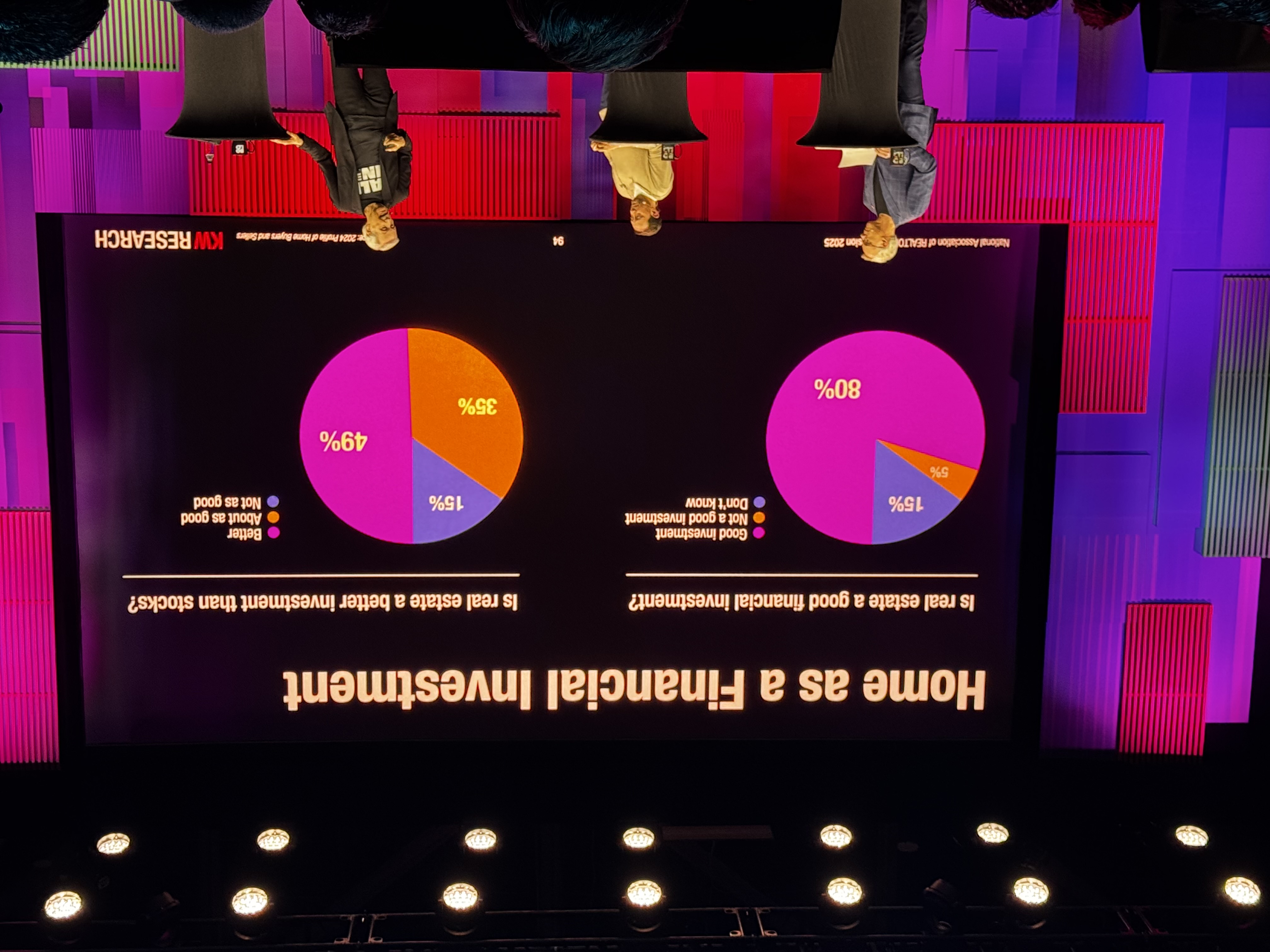Published February 19, 2025
The High Cost of Waiting: How Delayed Homeownership Hurts Wealth

In 1981, the average first-time homebuyer was 29 years old. Today, that number has risen to 38. This nearly decade-long delay in homeownership isn’t just a demographic shift—it’s a massive missed opportunity for wealth creation.
Real estate isn’t just about having a place to live—it’s one of the most effective tools for building long-term financial security. As home prices continue to rise, waiting to buy means missing out on compounding appreciation, leverage benefits, and equity growth.
Where Has the Best ROI Been? A 5-Year Perspective
Over the last five years, here’s how key financial indicators have performed:
Inflation: Up 21.1%
Wage Growth: Up 19.8%
S&P 500: Up 77%
Amazon Stock: Up 116%
Home Prices: Up 57.4%
Amazon’s stock may have outperformed real estate in raw percentage growth, but stocks don’t offer the power of leverage like real estate does. A stock investor only grows their wealth based on their cash investment, whereas a homebuyer benefits from appreciation on the entire property value—even though they only put down a small percentage of the purchase price.
The Power of Leverage: How Homeowners Build Wealth Faster with Lower Risk
Let’s break it down:
Five years ago, a homebuyer purchased a $500,000 home with a 20% down payment ($100,000) and borrowed $400,000.
That home appreciated 57.4%, increasing its value to $787,000 today.
After repaying the loan, the homeowner now has $387,000 in equity.
That’s a 287% return on their initial $100,000 down payment—far exceeding any stock market return over the same period.
But what if they had only put 3.5% down ($17,500) instead of 20% ($100,000)?
With just a $17,500 down payment and $482,500 borrowed, their equity would still grow to $304,500 after loan repayment.
That’s an incredible 1,640% return on their $17,500 investment—a return unmatched by stocks, even Amazon.
Lower Risk, Greater Stability
Beyond return potential, real estate offers far lower risk than stocks:
? Housing markets are less volatile – While stocks can fluctuate wildly in days or weeks, home prices tend to rise steadily over time.
? Real estate is a tangible asset – Unlike stocks, a home has intrinsic value—it can be lived in, rented out, or sold.
? Market downturns don’t erase your investment – If a stock crashes, you could lose everything. But with real estate, as long as you keep paying your mortgage, you retain ownership and long-term growth potential.
? Forced savings through equity growth – Every mortgage payment builds wealth through principal paydown, unlike rent, which builds wealth for your landlord.
The Cost of Waiting: Lost Wealth & Increased Barriers
Someone who waited to buy five years ago now faces:
? Higher home prices – They now have to buy at $787,000, not $500,000.
? Lost appreciation – They missed out on $287,000 in wealth growth.
? Higher down payment requirements – 20% down is now $157,400 instead of $100,000.
? Higher monthly payments – As home values increase, so do mortgage payments.
? Lost leverage opportunity – Instead of 287% or 1,640% returns, they gained nothing.
Meanwhile, renters continue paying someone else’s mortgage, with zero return on their housing costs.
The Tradeoff: Experiences Now vs. Freedom for a Lifetime
Many people today delay homeownership because they prioritize experiences—travel, dining, entertainment—over buying a home. While experiences are valuable, the reality is that delaying real estate can actually limit future opportunities for experiences rather than enhance them.
Homeownership is a wealth-building tool that provides financial stability, security, and freedom. The equity and appreciation from buying earlier can fund a lifetime of experiences—allowing for greater travel, flexibility, and financial confidence later in life.
The Bottom Line: The Best Time to Buy is Now
If financial freedom is the goal, real estate is the vehicle that makes it possible. Owning a home doesn’t mean sacrificing experiences—it means securing the ability to have more of them, for longer, with less financial stress.
In five years, the question won’t be "Should I buy?"—it will be "Why didn’t I buy sooner?"





